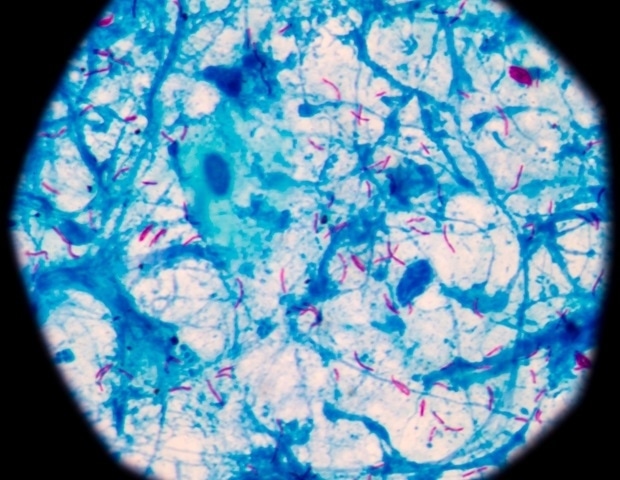Approximately half of children with neuroblastoma-;a childhood cancer that develops from immature nerve cells-;have a form that indicates a high likelihood of recurrence. New findings published by Wiley online in CANCER, a peer-reviewed journal of the American Cancer Society, show that a “bridge therapy” between induction and consolidation treatments may benefit patients with this high-risk neuroblastoma.
Neuroblastoma can often be cured by surgical removal of tumors followed by chemotherapy. These patients often receive induction therapy composed of various chemotherapy drugs and surgery, followed by consolidation therapy (given to kill any cancer cells that may be left in the body) involving high-dose chemotherapy plus stem cell transplants.
Unfortunately, these standard treatments are unsuccessful in many children. In these cases, a bridge therapy, which might include immunotherapy drugs that have demonstrated anti-neuroblastoma activity combined with chemotherapy, radiolabeled MIBG (a therapy that delivers targeted radiation to neuroblastoma), or combinations of chemotherapeutic agents, could offer some benefit.
To examine the benefits of a bridge therapy strategy for patients with high-risk neuroblastoma whose cancer was still evident after induction therapy, Ami V. Desai, MD, MSCE, of the University of Chicago and her colleagues examined data from 201 patients diagnosed at various hospitals from 2008–2018 with neuroblastoma who had residual disease after completing induction therapy. Patients were treated in three groups with different approaches based on physician, institutional, or family preferences:
1) no bridge therapy prior to consolidation therapy,
2) bridge therapy prior to consolidation therapy, and
3) additional post-induction therapy without consolidation therapy.
The investigators were especially interested in evaluating if the addition of bridge therapy prior to consolidation with stem cell transplant improved the event-free survival, or the time after treatment that cancer did not come back or get worse in patients with residual neuroblastoma at the end of induction therapy.
Patients who directly underwent consolidation (group 1) had better responses to induction therapy than patients who received bridge therapy prior to consolidation (group 2). Event-free survival was similar in these two groups, however, suggesting that the addition of bridge therapy prior to consolidation therapy may benefit patients with a poor response to induction therapy.
Among patients with stable cancer at metastatic sites after induction therapy, those who received bridge therapy (group 2) had significantly improved event-free survival compared with those who directly underwent consolidation therapy (group 1).
Patients treated with post-induction therapy who did not receive consolidation therapy (group 3) experienced inferior event-free survival than patients in groups 1 or 2; however, those in group 3 with no signs of metastatic cancer following post-induction therapy had significantly better 3-year event-free survival than those with residual metastatic disease. Prospective studies are needed to confirm these findings and to help identify which patients may have long-term survival without consolidation with autologous stem cell transplant.
Response to induction therapy is known to be prognostic of survival, and our study suggests that bridge therapy prior to consolidation therapy benefits patients with high-risk neuroblastoma with a poor response to induction. Also, response to bridge therapy prior to consolidation therapy is associated with outcome, and patients with less than a partial response may benefit from alternative treatment approaches.”
Dr. Ami V. Desai, MD, MSCE, University of Chicago
An accompanying editorial discusses the findings and agrees that future studies of bridge therapy for patients who do not experience a favorable response following standard induction therapy are needed.
Source:
Journal reference:
Desai, A.V., et al. (2022) Efficacy of post-induction therapy for high-risk neuroblastoma patients with end-induction residual disease. Cancer. doi.org/10.1002/cncr.34263.









;Resize=(1200,627)&impolicy=perceptual&quality=medium&hash=d618c6d43c7e31d91481b51581ec1150a117f4028795b6bc981163acdd4e8756)
